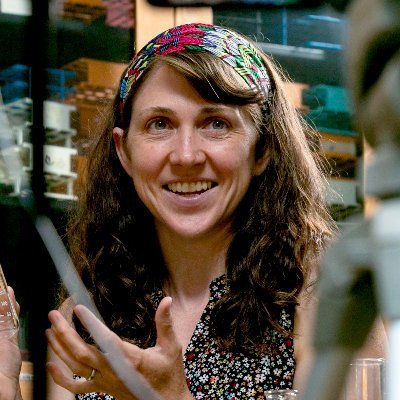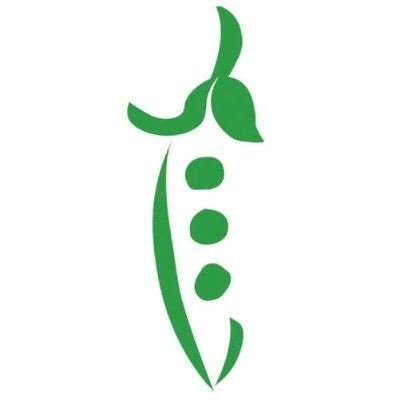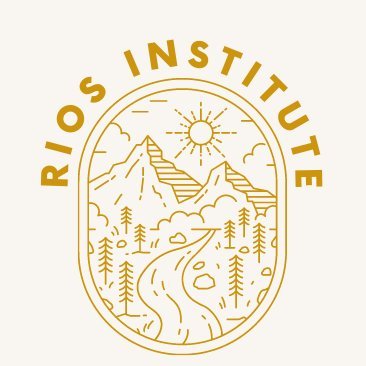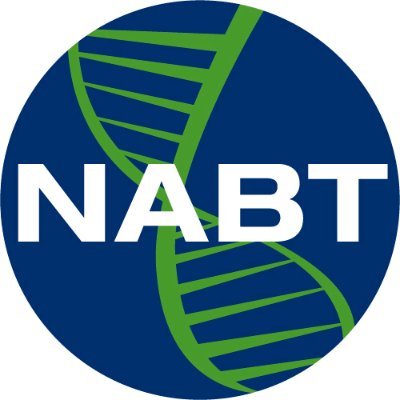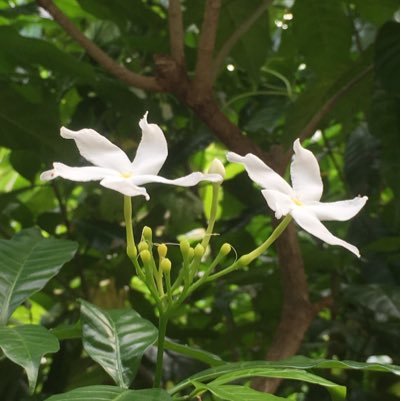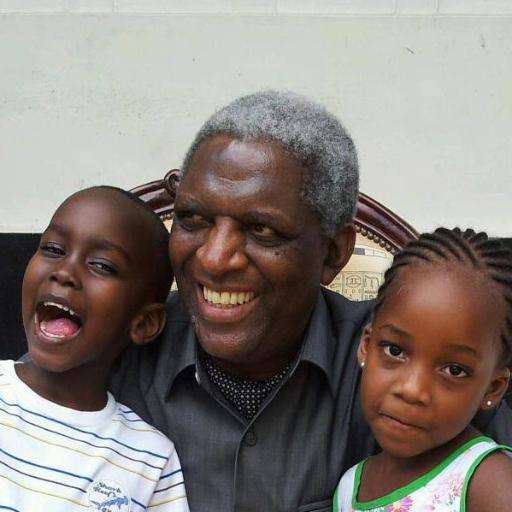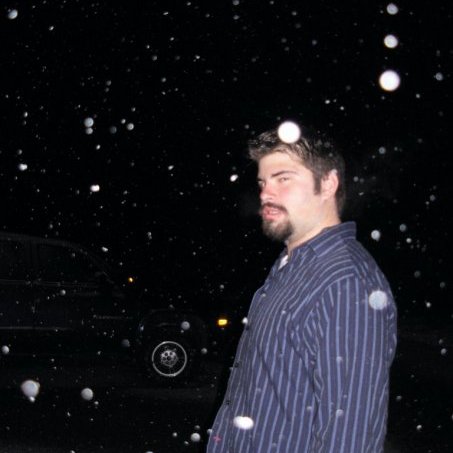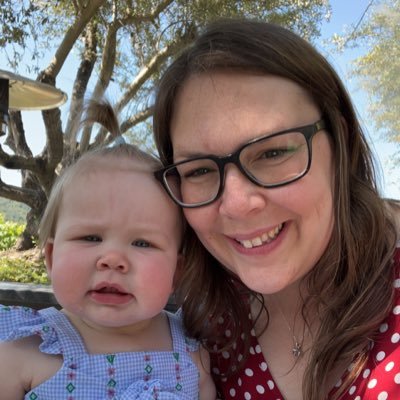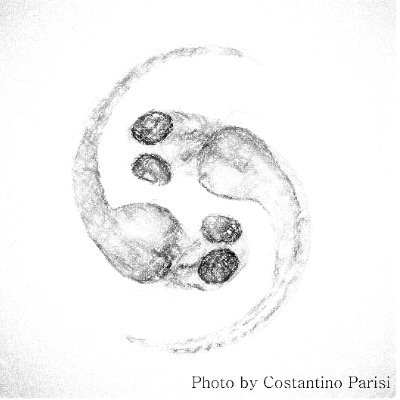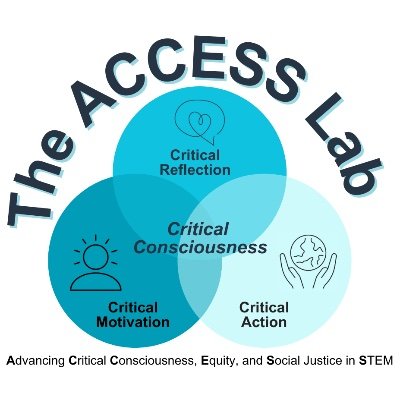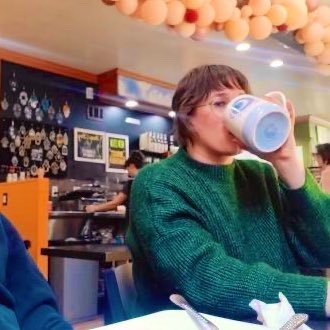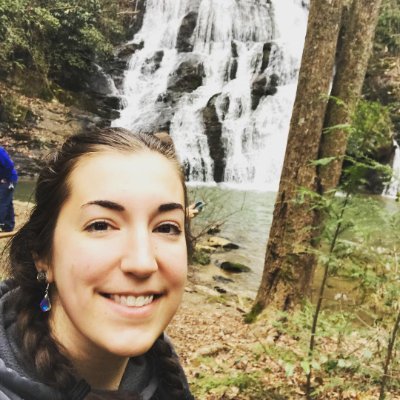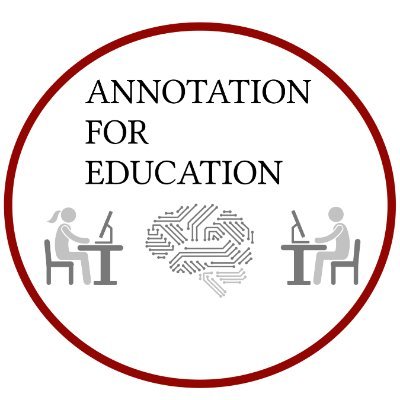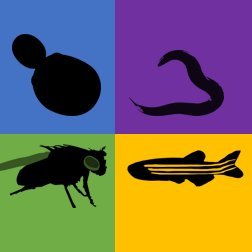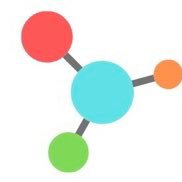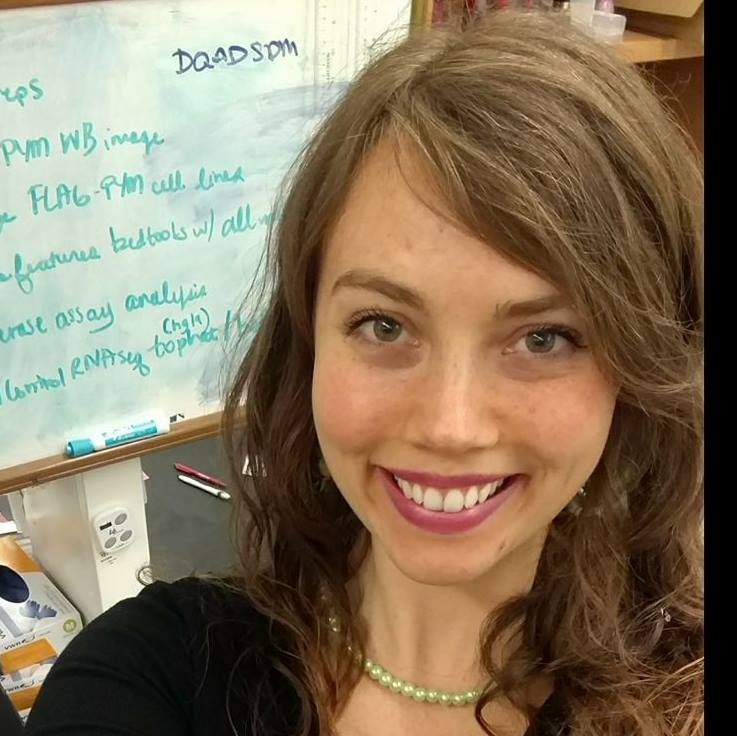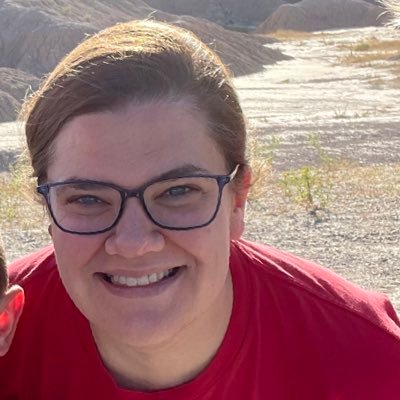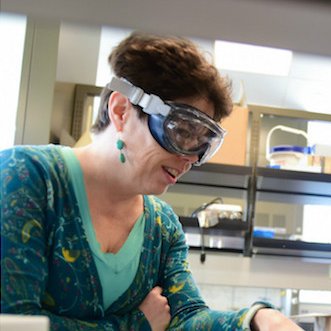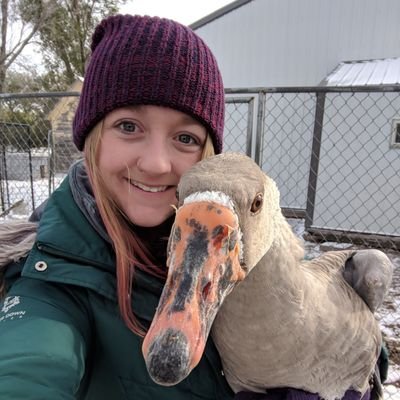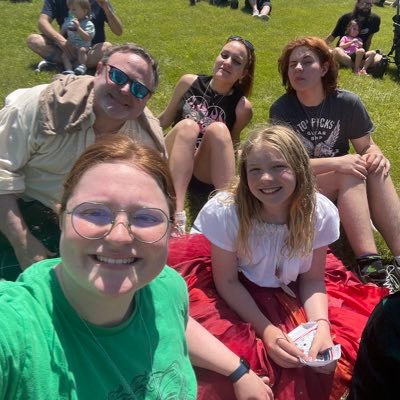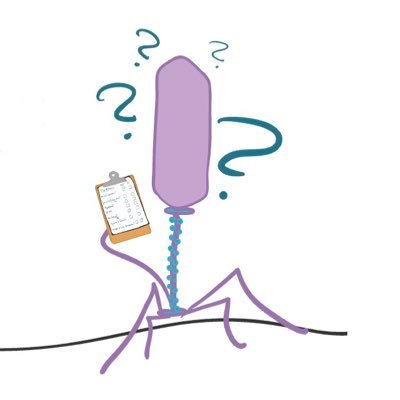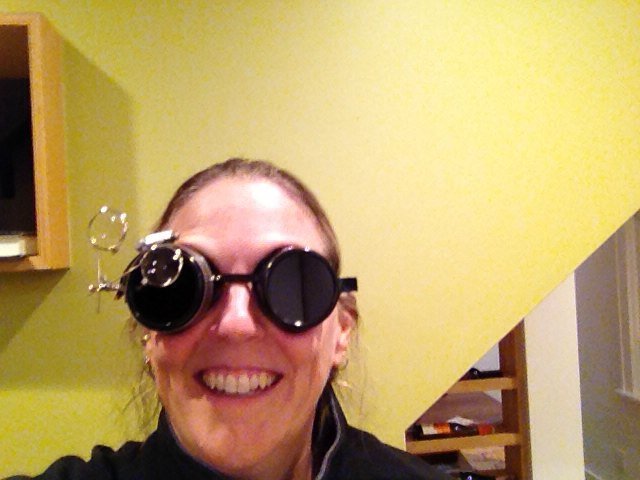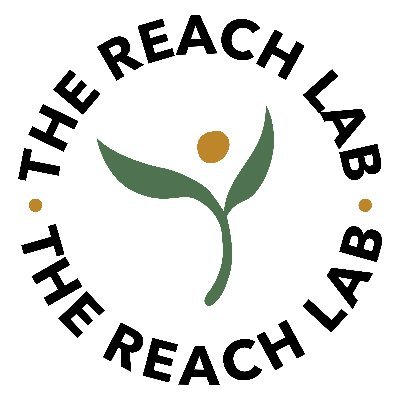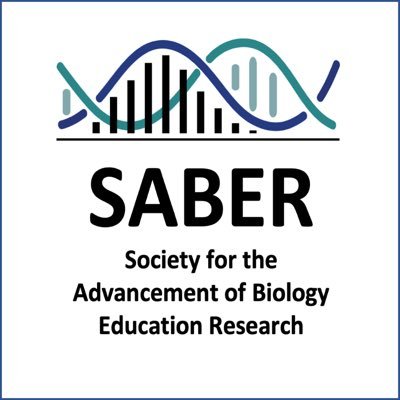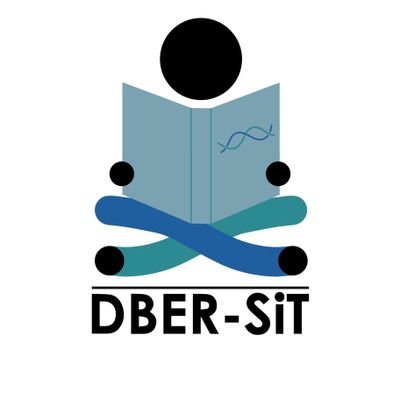
CourseSource
@CourseSource
CourseSource is an open-access, evidence-based journal of peer-reviewed teaching resources for undergraduate biological sciences.
New Teaching Tools and Strategies! Using the Structure of Observed Learning Outcomes Taxonomy to Assess Written Scientific Arguments. The SOLO taxonomy is a useful tool for scaffolding, providing feedback, and assessing scientific arguments. doi.org/10.24918/cs.20…
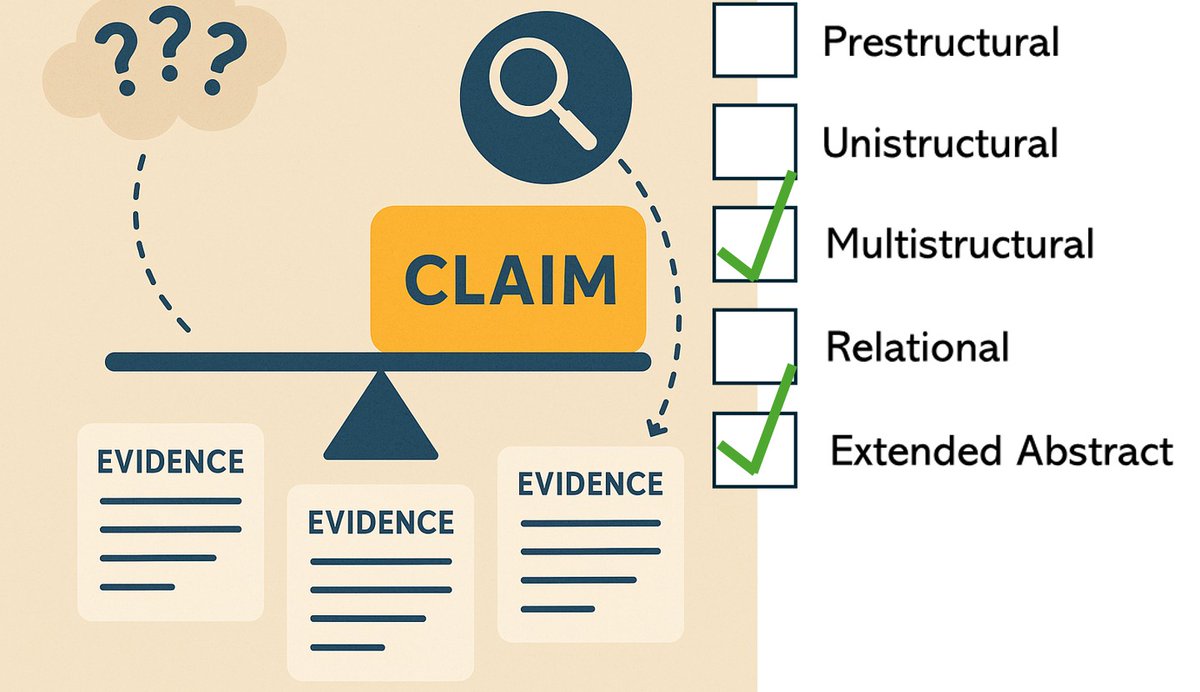
New LessonPlus! Pulling Weeds: A Course-Based Undergraduate Research Experience Integrating Field Research. This 5-week CURE engages students in field research on invasive species, building skills in ecological research and statistical analysis. doi.org/10.24918/cs.20…

New Lesson! Modeling Short Tandem Repeat (STR) DNA Fingerprinting Using Standard Playing Cards. This hands-on, low-cost activity uses playing cards to model STR alleles, letting students practice analysis of genotypes and model DNA gels in class. doi.org/10.24918/cs.20…

New Lesson! Counting Caterpillars on Campus: Engaging Students in Setting Up a Phenology Site for Participatory Science. Students track arthropod phenology in their local ecosystems and study how rising temperatures is affecting their community. doi.org/10.24918/cs.20…

New Essay! A Learning Community for Course-Based Undergraduate Research Experience Teaching Assistants. The authors created a CURE TA learning community that boosted sense of community, understanding of CURE pedagogy, and professional development. doi.org/10.24918/cs.20…

New Lesson! Facial Expression Response Genotype-Phenotype Correlations in a Hands-On and Cross-Field Laboratory Experiment. This bio/psych lab links CNR1 genotyping with facial recognition to boost student data analysis and interdisciplinary skills. doi.org/10.24918/cs.20…

New Lesson! Exploring Earth’s Changing Ecosystems: Case Studies and Curriculum Support for Undergraduate Classrooms - These five adaptable case studies teach ecology using real-world issues, building skills in data analysis, modeling, and conservation. doi.org/10.24918/cs.20…

New Lesson! Discovering Signal Transduction by Building and Simulating a Bacterial Chemotaxis Model. Using Cell Collective, students model and simulate bacterial chemotaxis to learn signal transduction and practice systems thinking. doi.org/10.24918/cs.20…

United States 趨勢
- 1. $CHA 1,210 posts
- 2. #VSFashionShow 114K posts
- 3. #KaneAI N/A
- 4. jihyo 69.7K posts
- 5. Nancy 103K posts
- 6. #TWICExVictoriasSecret 68.6K posts
- 7. Supreme Court 137K posts
- 8. Argentina 451K posts
- 9. Waddle 5,726 posts
- 10. TWICE LIGHTS UP VSFS 61.4K posts
- 11. #TORQSports N/A
- 12. UTEP 2,361 posts
- 13. #MadisonVSFS 1,111 posts
- 14. SCOTUS 42.7K posts
- 15. Birdman 1,887 posts
- 16. tzuyu 61.9K posts
- 17. Banish 1,632 posts
- 18. Big Balls 34.9K posts
- 19. Olave 4,399 posts
- 20. Biker Boyz N/A
Something went wrong.
Something went wrong.





